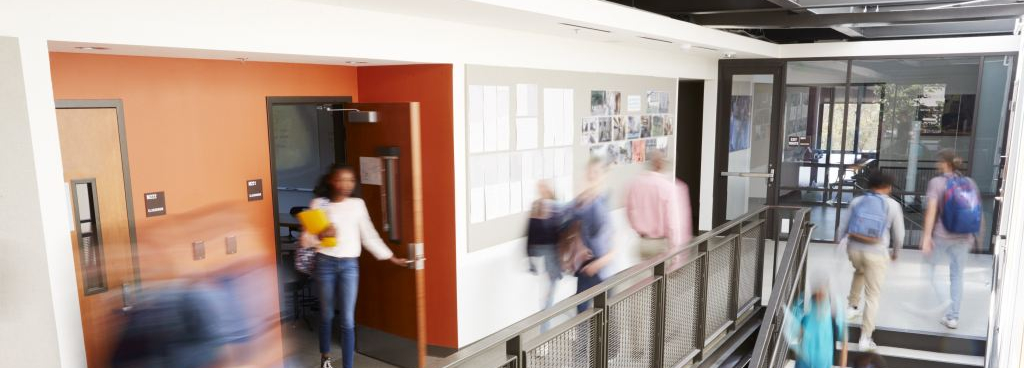Compiled by Katherine Cohen, Ph.D., IvyWise Founder and CEO, and the team of counselors at IvyWise
Although college may seem far away, it’s much closer than you think. Now’s the time to develop concrete ideas about where you want to go to college, and make sure that your course load, test scores, and extracurricular activities will help your application stand out. Follow these tips from the IvyWise team of counselors to get the most out of the next school year and have a less stressful and more enjoyable senior year.
Create a Balanced Preliminary College List
Start your search by familiarizing yourself with many different colleges and universities. By now, you’ve probably received countless pamphlets and emails from schools across the U.S., and you can expect to get a lot more in the next year. Also see your high school guidance counselor to get a preliminary list. Use the internet to research college options. Visit the websites of the schools you are considering, as well as sites such as CollegeBoard.com. There’s tons of information available at your fingertips!
Use this time to take a serious look at each school and get a sense of what is important to you. Think about the IvyWise three C’s — classroom, campus, and community — and whether those aspects of life at each school appeal to you. Narrow your options by location, campus size, academic programs, student life, and any other factors that are meaningful to you. Be sure that each college on your list is a good fit academically and socially, and in today’s economy you’ll also need to consider a school’s financial fit too.
It’s important to create a balanced college wish list that includes “likely,” “target,” and “reach” schools. Safety or “likely” schools are colleges where your academic profile is significantly stronger than the middle 50% of students who are typically admitted. Target schools are colleges where your profile is similar to that middle 50%. Reach schools are colleges where your profile is not as strong as that middle 50%. If you want additional help in figuring out how your profile compares to a certain college, you can seek out the help of your high school or independent college counselor.
Get to Know Your Guidance Counselor
Make an appointment with your high school college guidance counselor today. By evaluating your test scores, grades, personal interests, and other admissions factors, your guidance counselor can help come up with a preliminary college list and narrow your college search. Additionally, your counselor or standardized test preparation tutor can help determine where you need to improve your grades and what courses you need to take to be considered a competitive candidate for admission. Based on your results from the practice test, they can also help you decide which standardized tests to take — it is not be necessary for you to take both the ACT and the SAT.
The more your guidance counselor knows about your needs and your academic and personal goals, the better the advice they can give you in the next few months. Plus, it’s likely that your counselor will be writing a recommendation letter for your college application, so it’s important to build a solid relationship with them.
Make an Impact with Your Extracurricular Activities
Admissions officers look for students who make an impact on others through their activities. However, colleges are not looking for a “jack-of-all-trades, master-of-none.” Applicants who are consistent in their commitment to a handful of activities or are specialists within a particular field have an advantage over serial club joiners who show no leadership or dedication. The activities you choose to involve yourself with outside of the classroom are also indicative of who you are as a person, what your interests are, and what kind of an impact you’ll make on a college’s campus.
Plan the Perfect Senior Year
Many students think the final year of high school will be the easiest, but you must avoid “senioritis” at all costs — the rigor of your senior year courses and the grades you receive in those courses count. In fact, colleges will rescind admission because of poor second semester senior grades. An offer of admission is contingent on a student maintaining their grades across all courses listed on their senior year schedule. Not only should you strive to maintain strong grades, but it is also important to push yourself by taking challenging courses your final year of high school — hard work and dedication will pay off in the long run. However, remember that while you want to be challenged, you also want to make sure your course load is manageable given your schedule and academic ability.
Not sure where to start? Many colleges and universities will provide a list of required or recommended courses that students should take in high school. For any college you are seriously considering, research the high school academic requirements and make sure you have met them.
If you need to get on track with your college prep, never fear. IvyWise colleges admissions counselors are all former Deans and Directors of admission at some of the top schools in the U.S., so they know what makes students stand out in the college admissions process. Schedule an Initial Consultation today to learn how we can help you achieve your academic goals.




